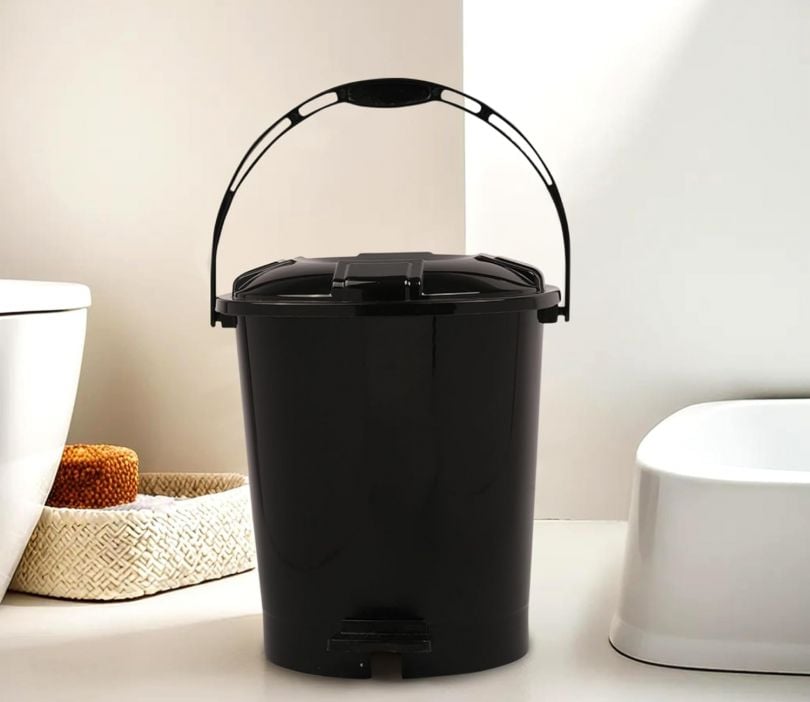Whether you’re tackling a home renovation, clearing out a garden, or managing a construction site, hiring a skip can be a convenient and cost-effective waste disposal solution. However, before signing on the dotted line, it’s essential to understand what a skip hire contract involves. Misunderstandings or overlooked terms can lead to hidden fees, delays, or even legal complications. This guide will walk you through what to look for in a skip hire contract, helping you make an informed decision.
1. Know What You’re Paying For
The first thing to look out for in a skip hire contract is the pricing breakdown. Most reputable companies provide clear pricing structures that include delivery, collection, and disposal of waste. However, you should check for:
- Hidden Fees: Charges for permits, overfilling the skip, or keeping it longer than agreed.
- VAT Inclusion: Ensure the price quoted includes VAT to avoid unexpected costs.
- Weight Limits: Some companies apply a weight limit; exceeding it could lead to surcharge fees.
It’s always wise to ask for a full quote in writing. This ensures transparency and protects you from last-minute changes.
2. Duration of Hire
Most skip hire companies offer their services for a standard time frame—often 7 to 14 days. If your project might run longer, check the terms for extensions. Ask whether additional days are charged at a daily rate and what the policy is on late pickups.
If you’re hiring a skip in busy urban areas like Skip Hire Peckham, where space and local council regulations can be stricter, having precise timelines is especially critical to avoid fines or parking conflicts.
3. Permit Requirements
When placing a skip on public property such as a road or pavement, you typically need a permit from the local council. Some skip hire companies will handle the permit application on your behalf, while others may require you to arrange it yourself.
The contract should clearly state:
- Whether the company secures the permit.
- The cost of the permit (if it’s your responsibility).
- How long the permit lasts.
Failing to obtain a permit can result in substantial fines, so this is a vital point to clarify before committing.
4. Types of Waste Allowed
Not all waste can be legally or safely disposed of in a skip. The contract should outline what types of materials are allowed, as well as what is prohibited. Commonly restricted items include:
- Hazardous waste (e.g., asbestos, chemicals, tyres)
- Electrical items
- Medical waste
- Paints and solvents
Attempting to dispose of prohibited items may result in additional charges or refusal to collect the skip. For example, if you’re working with a provider like Skip Hire Long Ditton, it’s crucial to verify their specific restrictions, as local regulations may vary by region.
5. Skip Sizes and Overfilling Policies
Choosing the right skip size is essential—not only for fitting all your waste but also to comply with safety regulations. The contract should detail:
- The dimensions of the skip.
- Maximum fill levels (usually indicated on the skip).
- Penalties for overfilling.
Overfilled skips may not be collected due to transport regulations, resulting in additional charges or project delays.
6. Environmental Policies and Recycling Commitments
Sustainable waste management is more important than ever. Many skip hire companies now commit to recycling a significant portion of collected waste. If this is important to you, check the company’s recycling policy. Some contracts will include clauses stating:
- The percentage of waste expected to be recycled.
- The types of materials that are sent to landfill.
- Their adherence to environmental regulations.
Working with environmentally responsible services like Skip Hire Chessington can support your sustainability goals while ensuring legal compliance.
7. Liability and Insurance
Unexpected accidents can happen—property damage, personal injury, or damage to the skip itself. Your contract should clearly outline:
- Who is responsible for any damages caused during delivery or pickup.
- Insurance coverage provided by the skip hire company.
- Your responsibilities while the skip is in your possession.
Ensure you’re not liable for situations beyond your control by understanding the liability terms.
8. Cancellation and Refund Policies
Life is unpredictable, and sometimes plans change. Before committing, review the cancellation policy. Look for information on:
- How much notice is required to cancel or reschedule.
- Whether a full or partial refund is available.
- Any cancellation fees that may apply.
This is particularly important if your waste removal schedule depends on other phases of a project or local authority permits.
Final Thoughts
Understanding the fine print in a skip hire contract is just as important as choosing the right size skip. By reviewing the pricing structure, permitted waste types, duration, and environmental policies, you can avoid common pitfalls and enjoy a stress-free skip hire experience.
Whether you’re booking Skip Hire Peckham, Skip Hire Long Ditton, or Skip Hire Chessington, always insist on a detailed, transparent contract. Taking the time to read and understand the terms upfront can save you money, time, and hassle in the long run.




